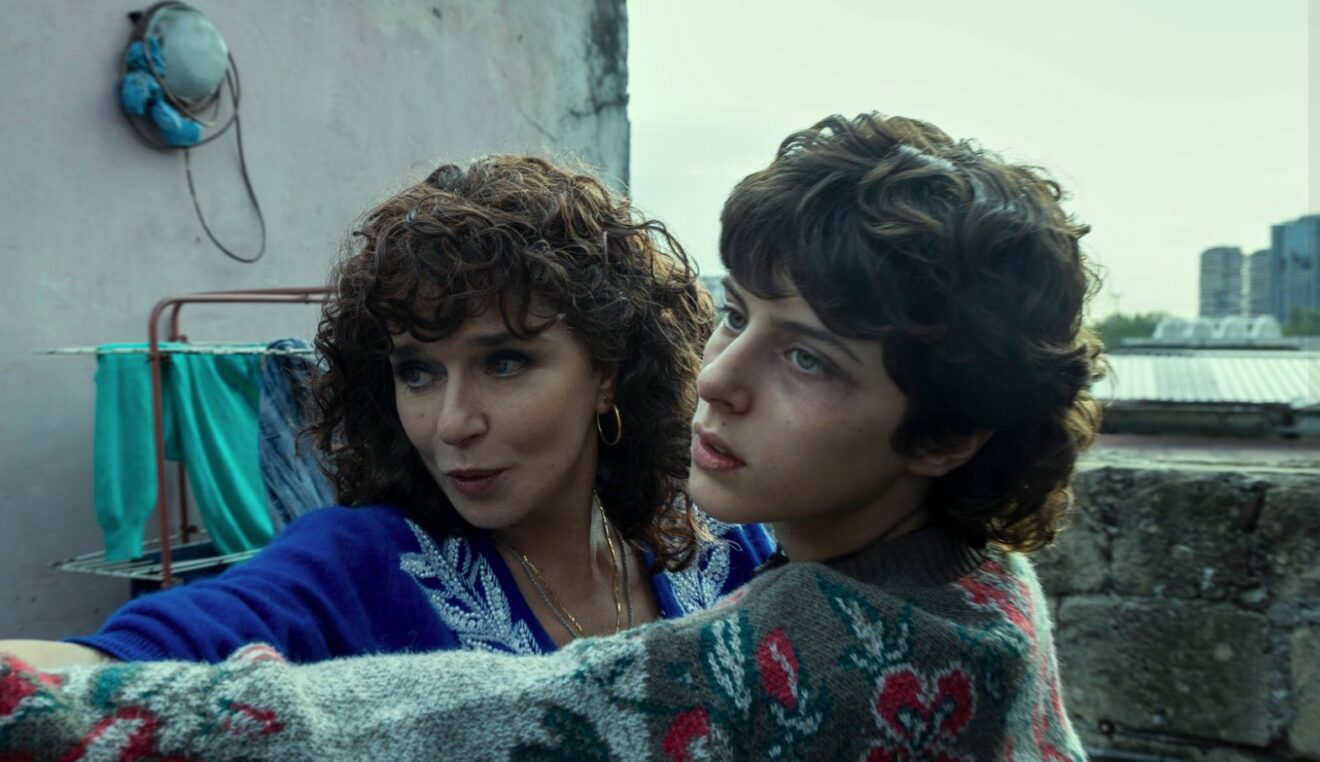Lately I listen almost exclusively to Massive Attack. This is partly because they’re a great band and I love their music, but I’d be lying if it wasn’t also largely out of a burning desire to embody some of the coolness radiated by Giovanna, also known as Giovà or Giannina, the brooding and complex heroine of La vita bugiardi degli adulti (The Lying Lives of Adults), a recent Netflix interpretation of Elena Ferrante’s novel of the same name.

Set in Naples in the 1990s, the short series follows 15-year-old Giovanna as she navigates the disorienting and upsetting demystifying process of entering the world of adults. Desperate to love and be loved and at the same time suspended in a formidable web of lies weaved by those she trusted most, Giovà finds herself looking to others (most notably her aunt Vittoria) in search of herself.

What I find particularly interesting about this series from a linguistic point of view is the heavily charged presence of Neapolitan dialect as a social marker. While its use within the context of the series functions on a surface level as a marker of the working class, this signification is complicated by the simultaneous mystification of and alienation from these working class communities by upper middle class “communist” intellectuals (like Gioivà’s parents). In this way, Giovà’s relationship with her aunt becomes a difficult reckoning of her own identity to which the use of dialect is incredibly important.
